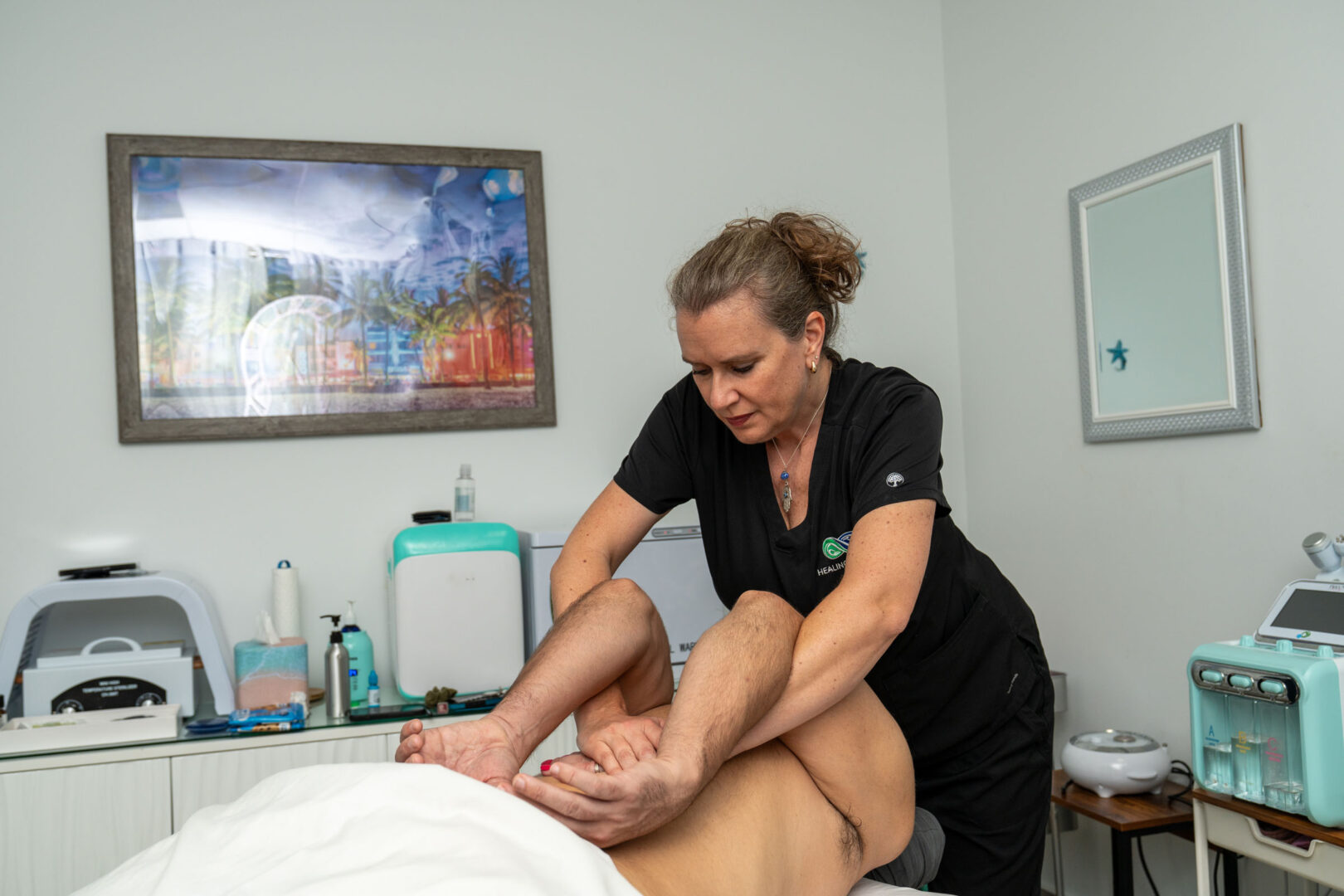We’re excited to introduce you to the always interesting and insightful Stacey Oliver-Knappe. We hope you’ll enjoy our conversation with Stacey below.
Stacey, thank you so much for making time for us today. We’re excited to discuss a handful of topics with you, but perhaps the most important one is around decision making. The ability to make decisions is a key requirement for anyone who wants to make a difference and so we’d love to hear about how you developed your decision-making skills.
My career journey has been an unexpected and thrilling adventure. Surprisingly, becoming an executive was never in my original plan. However, I discovered that my diverse experiences equipped me with sharper, more informed decision-making skills.
Here’s a look at the roles that significantly shaped my decision-making abilities:
1. Walt Disney World Cast Member in Orlando, Florida – This was my first role post-high school, spanning eight years. It instilled in me a commitment to excellence, consistently exceeding expectations, and delivering service with heart. These weren’t requirements, but choices I made to excel.
2. Call Center Agent for a Health Insurance Company – Here, I learned how large-scale strategic decisions ripple through every level of an organization, often with unforeseen consequences. It underscored the weight and impact of every decision.
3. IT Technical Writer and Trainer – In this position, I grasped the critical role of clear communication and attention to detail in decision-making. My task was to write technical documentation for new IT products, revealing the frequent mismatch between business aspirations and IT realities. This was often a result of assumptions and not seeking diverse perspectives, which is vital for creating optimal products and decisions.
4. Small Business Owner – While I was always responsible with finances, owning a business heightened my fiscal awareness. Paying all the bills myself, I gained a deeper appreciation for resources. This experience profoundly influenced how I managed resources in my corporate decisions later on.
5. Vice President of HR – Leading is largely about decision-making and its execution. This role taught me that the reception of decisions is unpredictable and that influencing multiple steps and people is often necessary. The more significant the decision, the more extensive and nuanced the process. Sometimes, after absorbing all the information, it boils down to taking a leap of faith.
Each of these roles has uniquely contributed to my comprehensive approach to decision-making, blending practical experience with a touch of intuition.
Looking back, what do you think were the three qualities, skills, or areas of knowledge that were most impactful in your journey? What advice do you have for folks who are early in their journey in terms of how they can best develop or improve on these?
Three qualities, skills, or areas of knowledge have been particularly influential in my journey:
1. Humility – Embracing humility is essential for growth and learning. It took me years to understand that it’s okay not to know everything and that I can learn from others, including those younger than me. Adopting this mindset not only enhanced my career but also made it more enjoyable.
2. Academic, or Formal, Knowledge – This doesn’t necessarily mean obtaining a four-year degree, but it does involve seeking learning opportunities outside your current job. These opportunities should offer new perspectives and best practices. For me, earning my M.A. and my SHRM-CP were critical to my success.
3. Follow-Through – It’s crucial to see projects or ideas through to completion. While the initial stages of a project can be exciting, the real strength lies in sustaining enthusiasm, momentum, and excellence throughout the entire project. This persistence is a true hallmark of leadership.
Who is your ideal client or what sort of characteristics would make someone an ideal client for you?
My ideal clients are small to medium-sized businesses operating for 1 to 10 years, and they typically fall into one of three categories:
1. Those ready to formalize their support operations to facilitate business growth, or
2. Those experiencing an employee crisis and in need of HR expertise to resolve issues, allowing them to focus on business growth and reduce chaos, or
3. Those needing HR or Training support for one-time projects or retainers.
.
Contact Info:
- Website: staceyok.com
- Instagram: stacey0k110
- Linkedin: https://www.linkedin.com/in/staceyok/
- Other: Book a complimentary consultation; https://calendly.com/sccservicesgroup/stacey-oliver-knappe-consulting-discovery










